
Pinnawala Elephant Orphanage: A Sanctuary of Giants
Nestled in the heart of Sri Lanka, the Pinnawala Elephant Orphanage is a haven for elephants who have been displaced or injured. Established in 1975, this sanctuary has grown into one of the most beloved tourist destinations on the island. Here, visitors can witness the daily lives of these majestic creatures in a setting that closely mirrors their natural habitat. A visit to Pinnawala offers a unique opportunity to observe elephants of all ages, from playful calves to wise old matriarchs. The orphanage is home to over 80 elephants, making it one of the largest herds in captivity. Guests can watch these gentle giants being fed and bathed by the dedicated caretakers who ensure their well-being. The twice-daily bathing ritual in the nearby river is a particularly captivating sight, as elephants splash and play in the water. Beyond the immediate experience of seeing the elephants, Pinnawala also plays a crucial role in conservation and education. The orphanage strives to raise awareness about the challenges faced by elephants due to habitat loss and human conflict. By visiting, you are supporting these efforts and contributing to the preservation of Sri Lanka's elephant population.
Local tips in Pinnawala Elephant Orphanage
- Visit early in the morning to avoid crowds and see the elephants during their most active periods.
- Don't miss the elephant bathing times in the river, usually around 10 AM and 2 PM.
- Wear comfortable shoes as you will be walking on uneven terrain.
- Bring a camera with a good zoom lens to capture close-up shots of the elephants.
- Respect the animals and follow the guidelines provided by the orphanage staff.
Pinnawala Elephant Orphanage: A Sanctuary of Giants
Nestled in the heart of Sri Lanka, the Pinnawala Elephant Orphanage is a haven for elephants who have been displaced or injured. Established in 1975, this sanctuary has grown into one of the most beloved tourist destinations on the island. Here, visitors can witness the daily lives of these majestic creatures in a setting that closely mirrors their natural habitat. A visit to Pinnawala offers a unique opportunity to observe elephants of all ages, from playful calves to wise old matriarchs. The orphanage is home to over 80 elephants, making it one of the largest herds in captivity. Guests can watch these gentle giants being fed and bathed by the dedicated caretakers who ensure their well-being. The twice-daily bathing ritual in the nearby river is a particularly captivating sight, as elephants splash and play in the water. Beyond the immediate experience of seeing the elephants, Pinnawala also plays a crucial role in conservation and education. The orphanage strives to raise awareness about the challenges faced by elephants due to habitat loss and human conflict. By visiting, you are supporting these efforts and contributing to the preservation of Sri Lanka's elephant population.
When is the best time to go to Pinnawala Elephant Orphanage?
Iconic landmarks you can’t miss
Elephant Bathing Site
Discover the enchanting Elephant Bathing Site in Pinnawala, Sri Lanka, where you can witness majestic elephants in their natural habitat.
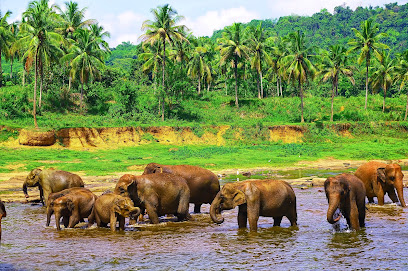
MAHARAJA ELEPHANT NO 17
Experience the beauty of elephants in a serene sanctuary at Maharaja Elephant No. 17, nestled in the tranquil landscapes of Randeniya Pinnawala.
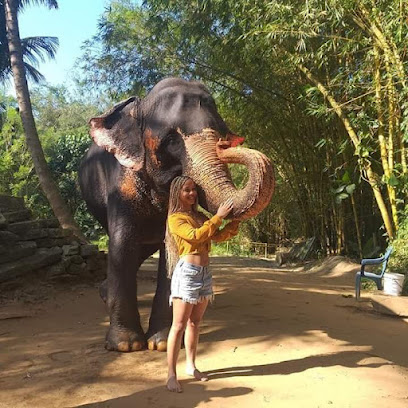
Maha Oya Walk way and bath area
Explore the serene Maha Oya Walkway and Bath Area in Rambukkana, where nature meets relaxation for a rejuvenating escape.
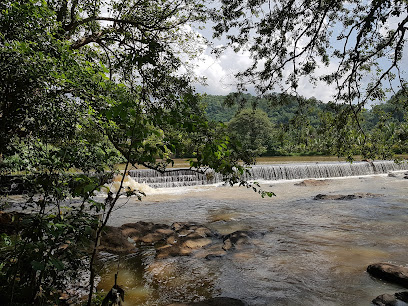
Elephant Orphanage - Entrance (Gate-B)
Experience the magic of the Elephant Orphanage in Rambukkana, a sanctuary dedicated to the rescue and care of elephants, perfect for animal lovers and families.
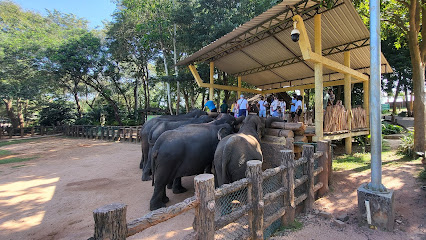
මානාව
Discover the captivating landscapes of Kegalle's hiking area, where adventure meets tranquility in the heart of Sri Lanka's natural beauty.
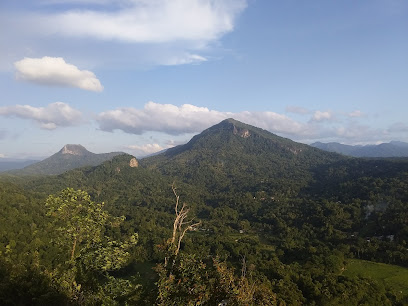
New Elephant Shed (NES)
Explore the wonders of wildlife at the New Elephant Shed in Rambukkana, where education meets conservation in a serene setting.
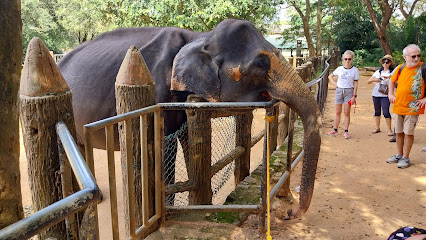
47014
Discover the heartwarming world of the Pinnawala Elephant Orphanage, a sanctuary dedicated to the care and conservation of Sri Lanka's majestic elephants.
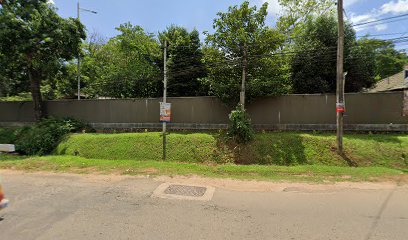
Unmissable attractions to see
Royal Botanic Gardens, Peradeniya
Explore the Royal Botanic Gardens, Peradeniya, a breathtaking retreat filled with diverse flora, stunning landscapes, and serene pathways in the heart of Sri Lanka.
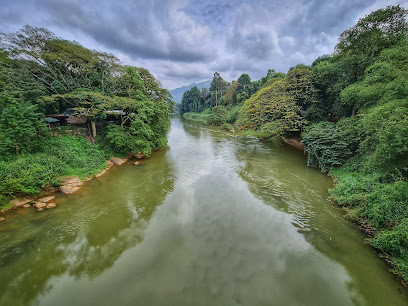
Udawatta Kele Sanctuary
Experience the tranquil beauty of Udawatta Kele Sanctuary, a national park in Kandy, where wildlife thrives amidst lush greenery and historical significance.

Millennium Elephant Foundation
Experience unforgettable encounters with elephants at the Millennium Elephant Foundation, a sanctuary committed to their care and conservation in Sri Lanka.
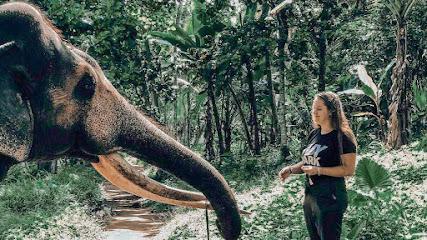
Club Concept Elephant Riding
Immerse yourself in the beauty of Sri Lanka at Club Concept Elephant Riding, where adventure meets ethical wildlife tourism.
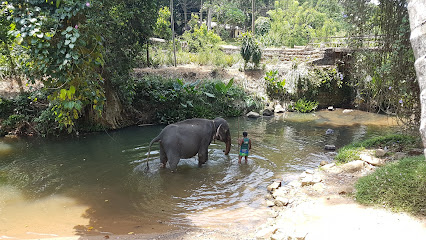
The Elephant Freedom Project
Experience the beauty of wildlife conservation at The Elephant Freedom Project, a sanctuary for rescued elephants in Hiriwadunna, Sri Lanka.
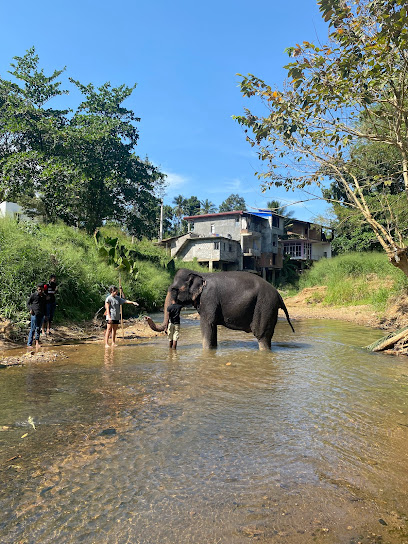
Happy Elephant
Discover the beauty of Sri Lanka's elephants at Happy Elephant, a serene sanctuary dedicated to their care and conservation.
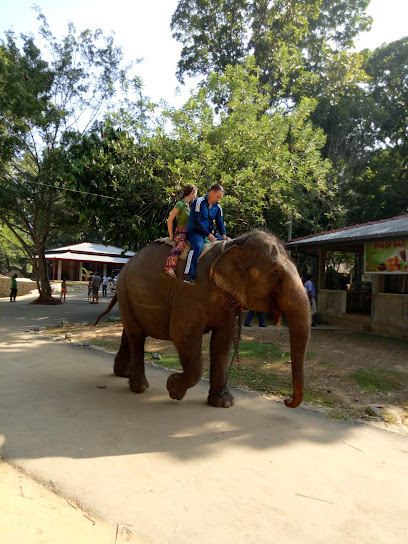
Bo Ella
Explore the serene beauty of Bo Ella, a tranquil tourist attraction in Sri Lanka, perfect for nature lovers and cultural enthusiasts alike.
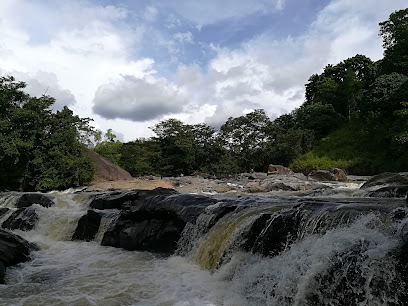
Heritage Spice & Herbs Garden
Explore the enchanting Heritage Spice & Herbs Garden in Kawudupelella, where Sri Lanka's rich spice culture comes alive amidst aromatic plants and lush landscapes.
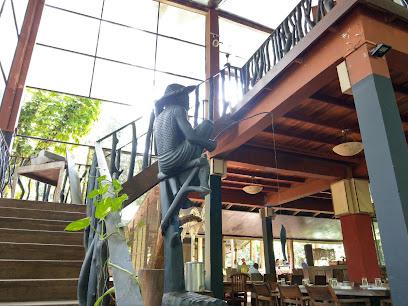
Asela Elephant Riding
Discover the beauty of Sri Lanka while riding elephants at Asela Elephant Riding, an ethical and unforgettable wildlife experience.
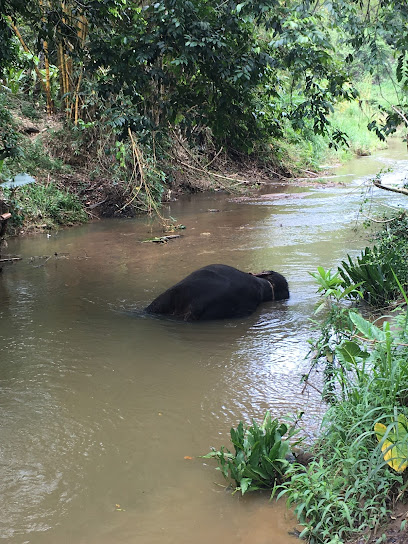
Uthuwankanda Viewpoint
Discover the mesmerizing views of Uthuwankanda Viewpoint, a serene escape in Mawanella, perfect for nature lovers and photographers.
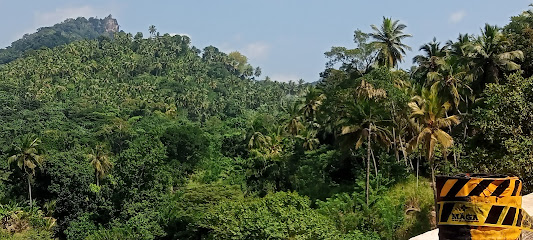
Maha Oya Walk way and bath area
Experience the tranquil beauty of Maha Oya Walkway and Bath Area in Rambukkana, a perfect blend of nature and relaxation for all travelers.
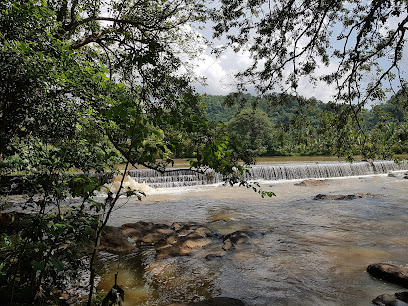
Ranawana bridge
Experience the serene beauty of Ranawana Bridge in Keselwathugoda, a must-visit destination for nature lovers and photographers alike.
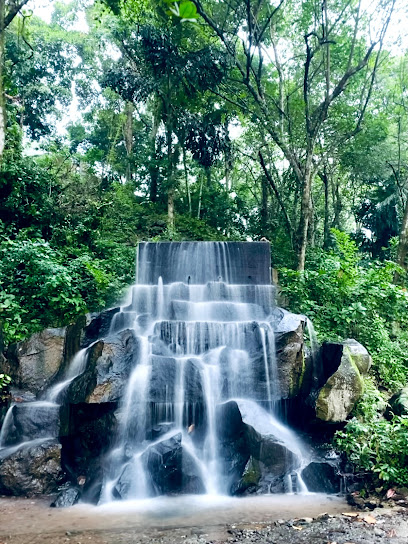
Zoo museum
Explore the Zoo Museum in Rambukkana for an engaging journey through wildlife and conservation education in Sri Lanka.
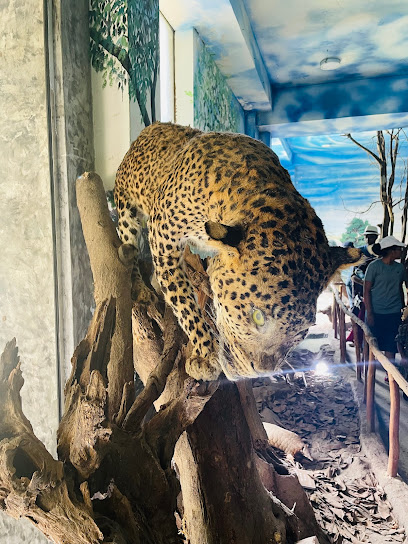
මානාව
Discover the breathtaking hiking trails in Kegalle, where nature's beauty meets adventure in the heart of Sri Lanka.
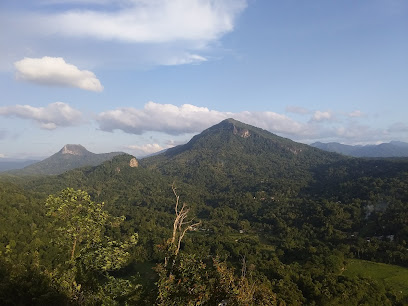
Bathing Place
Experience the serene beauty of the Bathing Place in Molagoda, a perfect retreat for relaxation and connection with nature.
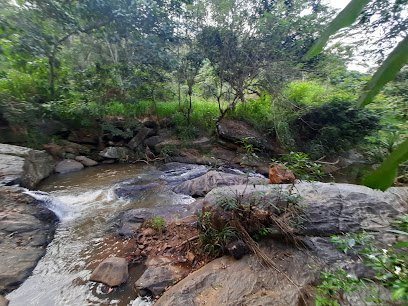
Essential places to dine
අලිමංකඩ Paradise of food
Experience the best of Sri Lankan cuisine at Alimankada, your family-friendly restaurant near Pinnawala Elephant Orphanage.
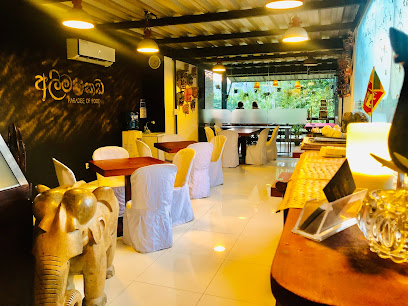
LA Elephant Villa
Discover family-friendly fun at LA Elephant Villa near Pinnawala, where unforgettable elephant experiences await you in beautiful Sri Lanka.
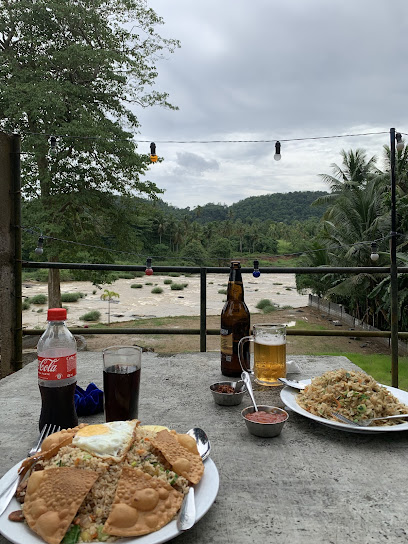
wadiya Restaurant
Discover the serene ambiance and authentic flavors at Wadiya Restaurant in Rambukkana – where exquisite Chinese cuisine meets stunning elephant views.
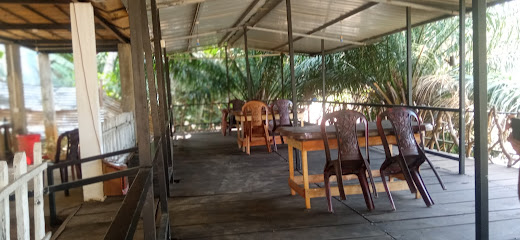
Markets, malls and hidden boutiques
Pinnawala Elephant Orphanage
Experience the wonder of elephants at Pinnawala Elephant Orphanage, a sanctuary dedicated to the care and rehabilitation of these amazing creatures in Sri Lanka.
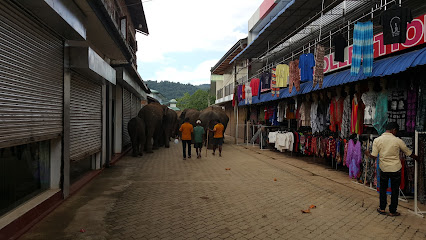
Elephant Bathing Site
Discover the enchanting Elephant Bathing Site in Pinnawala, where you can witness elephants in their natural habitat and learn about conservation efforts.
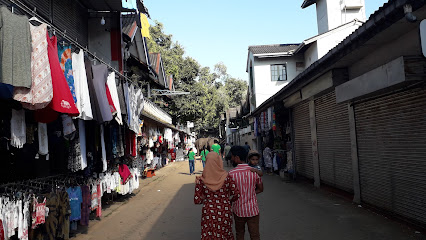
Pinnawala Handloom and Batik
Discover the vibrant artistry of Sri Lankan batik at Pinnawala Handloom and Batik, a premier destination for fashion and culture.

Laksala
Discover Laksala: Your go-to destination for authentic Sri Lankan handicrafts and unique souvenirs in Rambukkana.
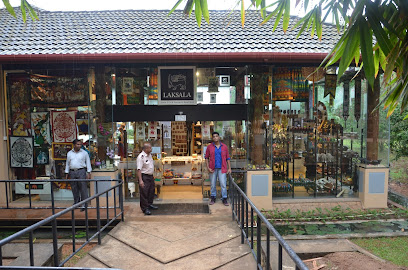
KANDU Pinnawala
Discover a unique blend of culture and craftsmanship at KANDU Pinnawala, where every souvenir tells a story of Sri Lanka's rich heritage.
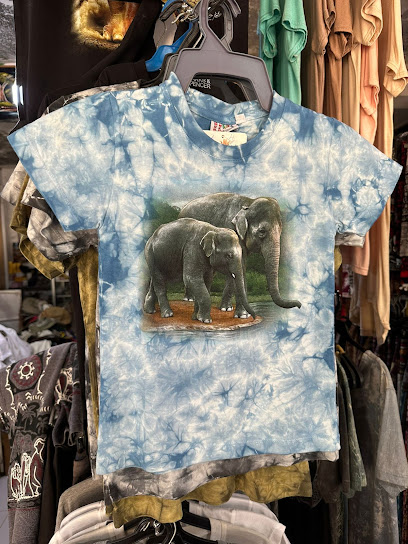
Pinnawala Handicrafts Emporium
Explore unique Sri Lankan handicrafts at Pinnawala Handicrafts Emporium, a vibrant shopping destination near the iconic Elephant Bathing Position.
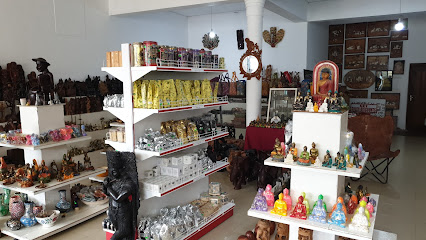
Iparanigama Kopi kade
Discover the rich flavors of Sri Lankan coffee at Iparanigama Kopi Kade, a cozy haven for coffee lovers in Rambukkana.
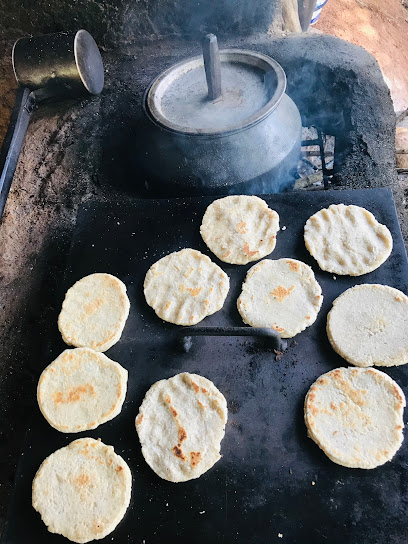
LUV SL Pinnawala
Explore LUV SL Pinnawala for exceptional souvenirs and local clothing that celebrate the vibrant culture of Sri Lanka.
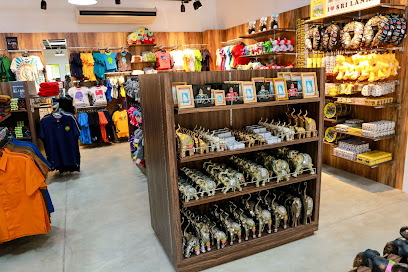
Night Market - Pinnawala
Explore the vibrant Night Market in Pinnawala, where local culture, delicious foods, and unique crafts await every adventurous tourist.
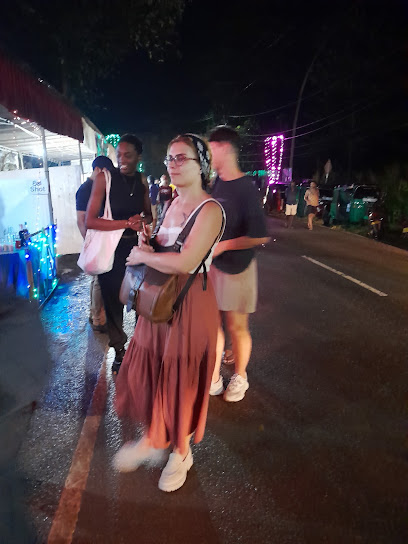
Herbline Provincel Office Kegalle
Explore Herbline in Kegalle for an authentic Sri Lankan cosmetics experience with natural, herbal beauty products that nourish and enhance your skin.

Ceylon Souvenirs
Discover unique Sri Lankan treasures at Ceylon Souvenirs in Rambukkana, where culture and craftsmanship come together.

Essential bars & hidden hideouts
Hotel Elephant Park
Experience the enchanting blend of nature and comfort at Hotel Elephant Park, near the famous Pinnawala Elephant Orphanage.

අලිමංකඩ Paradise of food
Experience the best of Sri Lankan cuisine at Alimankada Paradise of Food, a family-friendly restaurant in beautiful Pinnawala.
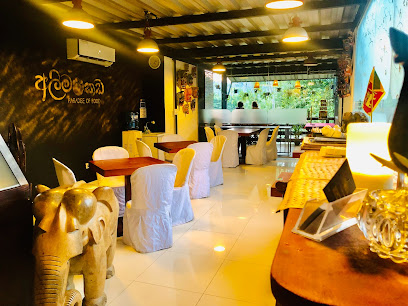
Hotel Ralidiya
Discover the perfect blend of local cuisine and comfortable lodging at Hotel Ralidiya in Rambukkana, a must-visit for all travelers.
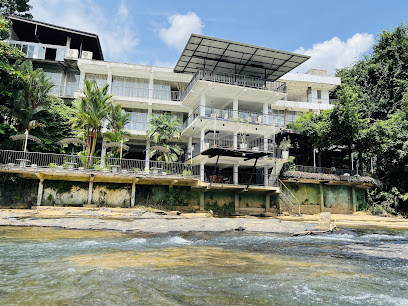
Pinnawala Reach Hotel
Experience serene stays and delightful dining at Pinnawala Reach Hotel, your gateway to Sri Lanka's elephant haven.
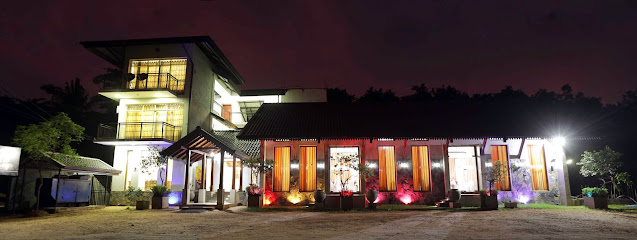
Millenium Bar
Experience the vibrant nightlife at Millennium Bar in Kegalle, where delightful drinks and local culture come together for an unforgettable evening.
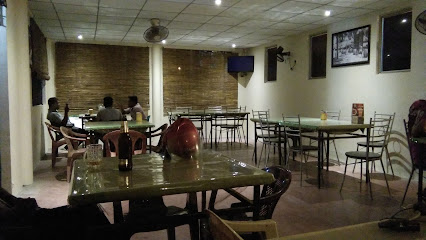
LA Elephant Villa
Experience unforgettable family moments at LA Elephant Villa, where wildlife encounters and natural beauty await in Pinnawala.
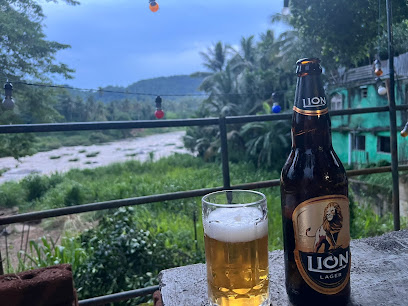
Hela Bojun Pinnawala
Experience the authentic taste of Sri Lankan cuisine amidst the beauty of Pinnawala at Hela Bojun.
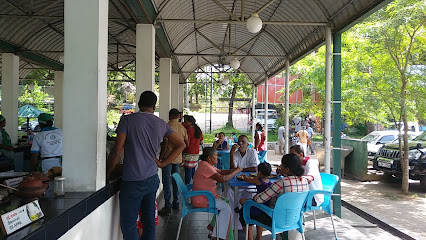
Elephant Lobby Hotel Pinnawala
Explore the flavors and hospitality of Sri Lanka at the Elephant Lobby Hotel Pinnawala, a unique blend of dining and accommodation.
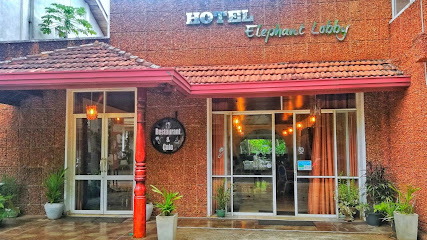
Grand Royal Pinnalanda
Experience a delightful fusion of Asian and Western cuisines at Grand Royal Pinnalanda, a must-visit culinary destination in Pinnawala.
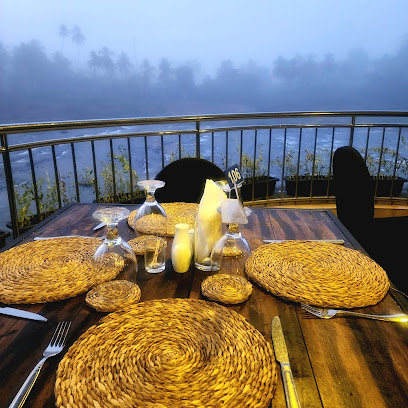
wadiya Restaurant
Experience the best of Chinese cuisine at Wadiya Restaurant in Rambukkana, with stunning views and a peaceful ambiance for an unforgettable meal.
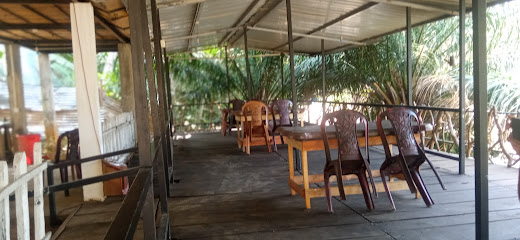
River Bliss pinnawala
Discover the serene beauty and family-friendly adventures at River Bliss Pinnawala, a perfect getaway in Rambukkana, Sri Lanka.
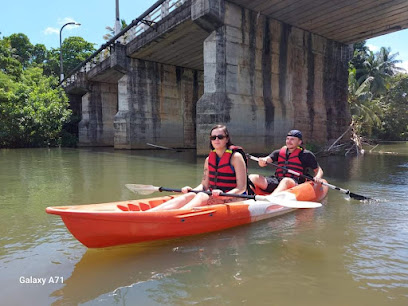
Rambukkana Liquor Store
Experience the vibrant nightlife at Rambukkana Liquor Store, where local culture meets a lively atmosphere and diverse drink selections.
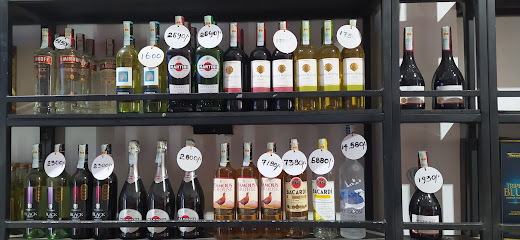
mahiyanganaya
Discover the vibrant nightlife and rich cultural heritage of Mahiyanganaya, Sri Lanka's hidden gem for unforgettable experiences.
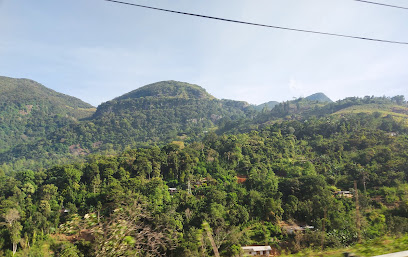
කිබුල් සෙවන
Discover the vibrant essence of Mawanella at කිබුල් සෙවන, where refreshing drinks and local hospitality await in a charming bar atmosphere.
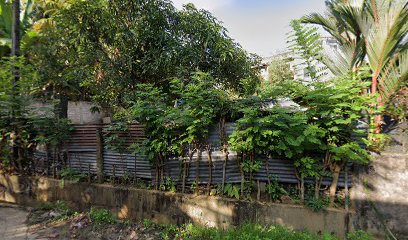
Local Phrases about Pinnawala Elephant Orphanage
-
- Helloආයුබෝවන්
[āyubōvan] - Goodbyeආයුබෝවන්
[āyubōvan] - Yesඔව්
[ōv] - Noනෑ
[nē] - Please/You're welcomeකරනවා/ආයුබෝවන්
[karana vā/āyubōvan] - Thank youස්තූතියි
[stutiyi] - Excuse me/Sorryකම්මැලි/කිසිවේ
[kammali/kisivē] - How are you?ඔයා කොහොමද?
[ōyā kohomada?] - Fine. And you?හොඳයි. ඔයා?
[hōdayi. ōyā?] - Do you speak English?ඔයා ඉංග්රීසි කතා කරයිද?
[ōyā iṁgirīsi kathā karayida?] - I don't understandමම අධිනවාද?
[mama adinavāda?]
- Helloආයුබෝවන්
-
- I'd like to see the menu, pleaseකරුණාකර මෙනු බලනවා
[karunakara menu balanavā] - I don't eat meatමම මස් කරනවානම්
[mama mas karanavānam] - Cheers!අයිතියේ!
[ayitiyē] - I would like to pay, pleaseකරුණාකර ගෙවූලාව
[karunakara gewūlāva]
- I'd like to see the menu, pleaseකරුණාකර මෙනු බලනවා
-
- Help!උක්කිනවා!
[ukkinavā] - Go away!යන්නේය!
[yannēya] - Call the Police!පොලිස්කයා අපෙන්නේය!
[polisakayā apennēya] - Call a doctor!වෛරස්කයා අපෙන්නේය!
[varasakayā apennēya] - I'm lostමම අතිරෙහ්වාද?
[mama atirēhvāda?] - I'm illමම සිටිනවා
[mama sitinavā]
- Help!උක්කිනවා!
-
- I'd like to buy...මම ... මිලදී ගන්නවාද?
[mama ... miladī gannavāda?] - I'm just lookingමම ඉතින් බලන්නවා
[mama itin balannavā] - How much is it?එය කොහොමද?
[ēya kohomada?] - That's too expensiveඑය ඉවරදීද?
[ēya ivaṟadīda?] - Can you lower the price?ඔයා මිල අවන් කල හැක්ද?
[ōyā mila avaṇa kala hēkda?]
- I'd like to buy...මම ... මිලදී ගන්නවාද?
-
- What time is it?දිනවල කොහොමද?
[dinavala kohomada?] - It's one o'clockඑකට
[ēkata] - Half past (10)දෙව් පස්
[dēv pās] - Morningප්රියාදා
[priyadā] - Afternoonපස්දව
[pasdava] - Eveningසන්දව
[sandava] - Yesterdayඊයේ
[īyē] - Todayඅද
[ada] - Tomorrowහෙට
[hēta] - 1එක
[ēka] - 2දෙක
[dēka] - 3තුන
[thuna] - 4හතර
[hathara] - 5පහ
[paha] - 6හය
[haya] - 7හත
[hatha] - 8අට
[ata] - 9නය
[naya] - 10දහය
[dahaya]
- What time is it?දිනවල කොහොමද?
-
- Where's a/the...?... කොහොමද?
[kohomada?] - What's the address?ලිප්පය කුමක්ද?
[lippaya kumakda?] - Can you show me (on the map)?ඔයා මගේම දිගට බලා දේද?
[ōyā magēma digata balā dēda?] - When's the next (bus)?ඊළඟ...
[īḷaga] - A ticket (to ....)ප්රාච්ඡයක්
[prācca yak]
- Where's a/the...?... කොහොමද?
History of Pinnawala Elephant Orphanage
-
Pinnawala Elephant Orphanage was established in 1975 by the Sri Lanka Department of Wildlife Conservation. It was initially founded to provide care and sanctuary to orphaned and injured elephants found in the wild. The orphanage was first located at Wilpattu National Park but was later moved to its current location in Pinnawala, a village in the Kegalle District, due to the logistical challenges of providing care in the national park.
-
In 1978, the orphanage was relocated to a 25-acre coconut plantation near the Maha Oya River in Pinnawala. The new location offered a more suitable environment for the elephants, providing ample space for them to roam and access to the river for bathing. This move marked the beginning of Pinnawala's development into a major tourist attraction and a significant conservation effort.
-
Throughout the 1980s and 1990s, Pinnawala Elephant Orphanage gained international recognition for its efforts in elephant conservation. The orphanage became a model for similar initiatives worldwide. Conservationists and researchers from around the globe visited Pinnawala to study its unique approach to elephant care and rehabilitation. The orphanage also played a crucial role in breeding programs aimed at increasing the population of Sri Lankan elephants, which were classified as an endangered species.
-
By the early 2000s, Pinnawala Elephant Orphanage had become one of Sri Lanka's most popular tourist destinations. Visitors from around the world came to witness the daily routines of the elephants, including feeding times and bathing sessions in the river. The orphanage's ability to balance tourism with conservation efforts contributed to its success and sustainability. Revenue generated from tourism helped fund the care and upkeep of the elephants, as well as educational and outreach programs.
-
Over the years, Pinnawala Elephant Orphanage has faced various challenges and criticisms. Some animal rights activists have raised concerns about the welfare of the elephants, particularly regarding their interactions with tourists and the conditions of their living environment. In response, the orphanage has implemented measures to improve the welfare of the elephants, such as reducing the number of visitors allowed to interact with them and enhancing their living conditions. These efforts have aimed to address the concerns while continuing to promote conservation and education.
-
Today, Pinnawala Elephant Orphanage continues to be a vital institution for the conservation and care of Sri Lankan elephants. The orphanage is home to over 80 elephants, including several generations born within its grounds. Ongoing efforts focus on improving the quality of life for the elephants, enhancing educational programs for visitors, and collaborating with international conservation organizations. The future of Pinnawala lies in its ability to adapt to changing conservation needs while maintaining its role as a leading sanctuary for elephants.
Pinnawala Elephant Orphanage Essentials
-
Pinnawala Elephant Orphanage is located in the Sabaragamuwa Province, approximately 90 kilometers northeast of Colombo, the capital of Sri Lanka. The most convenient way to get there is by car or taxi, which takes about 2.5 hours from Colombo. Alternatively, you can take a train from Colombo to Kegalle, which is the nearest major train station, and then take a taxi or tuk-tuk for the remaining 13 kilometers to the orphanage. Public buses are also available but can be less comfortable and more time-consuming.
-
Once at Pinnawala, the best way to get around is by foot, as the orphanage and surrounding areas are easily walkable. For longer distances, tuk-tuks are a popular and affordable mode of transport. Local buses are also available but may not be as reliable. If you prefer more comfort, private taxis can be hired for day trips and longer excursions.
-
The official currency in Sri Lanka is the Sri Lankan Rupee (LKR). Credit and debit cards are accepted at most hotels and larger restaurants, but it’s advisable to carry cash for smaller establishments and local markets. ATMs are available in nearby towns like Kegalle, so it is a good idea to withdraw sufficient cash before heading to Pinnawala.
-
Pinnawala is generally considered a safe destination for tourists. However, it is important to exercise standard safety precautions. Avoid isolated areas, especially after dark, and keep an eye on your belongings in crowded places. While there are no specific high-crime areas targeting tourists, always stay vigilant and aware of your surroundings.
-
In case of emergency, dial 119 for police assistance or 110 for medical emergencies. The nearest hospital is in Kegalle, about 20 minutes away by car. It is advisable to have travel insurance that covers medical emergencies. Pharmacies are available in nearby towns where you can purchase over-the-counter medications for minor health issues.
-
Fashion: Do dress modestly, especially when visiting religious sites. Avoid wearing revealing clothing. Religion: Do respect local customs and traditions. Remove your shoes and cover your head if required when entering temples. Public Transport: Do be respectful and give up your seat to elderly passengers. Don’t eat or drink on public transport. Greetings: Do greet people with a smile or a slight bow. Handshakes are common but not always necessary. Eating & Drinking: Do try local delicacies and accept food offerings graciously. Don’t refuse hospitality, as it is considered impolite.
-
To experience Pinnawala like a local, visit the small shops and eateries around the orphanage. Engage with the local staff, as they are often willing to share interesting stories about the elephants. Don’t miss the daily elephant bathing sessions in the nearby river, a unique experience that offers great photo opportunities. For a more immersive experience, consider volunteering at the orphanage, where you can get hands-on with elephant care.
Nearby Cities to Pinnawala Elephant Orphanage
-
Things To Do in Negombo
-
Things To Do in Nuwara Eliya
-
Things To Do in Colombo
-
Things To Do in Sigiriya
-
Things To Do in Ella
-
Things To Do in Polonnaruwa
-
Things To Do in Bentota
-
Things To Do in Anuradhapura
-
Things To Do in Hikkaduwa
-
Things To Do in Galle
-
Things To Do in Unawatuna
-
Things To Do in Mirissa
-
Things To Do in Matara
-
Things To Do in Trincomalee
-
Things To Do in Jaffna








